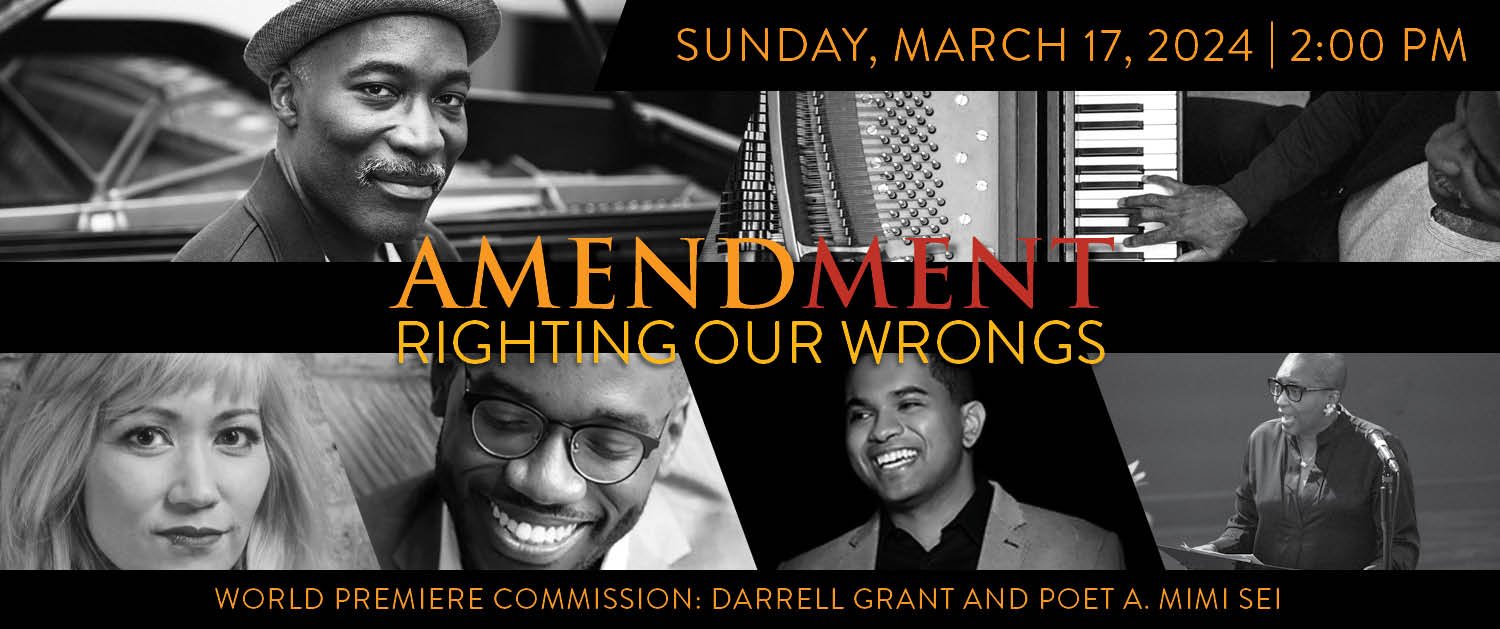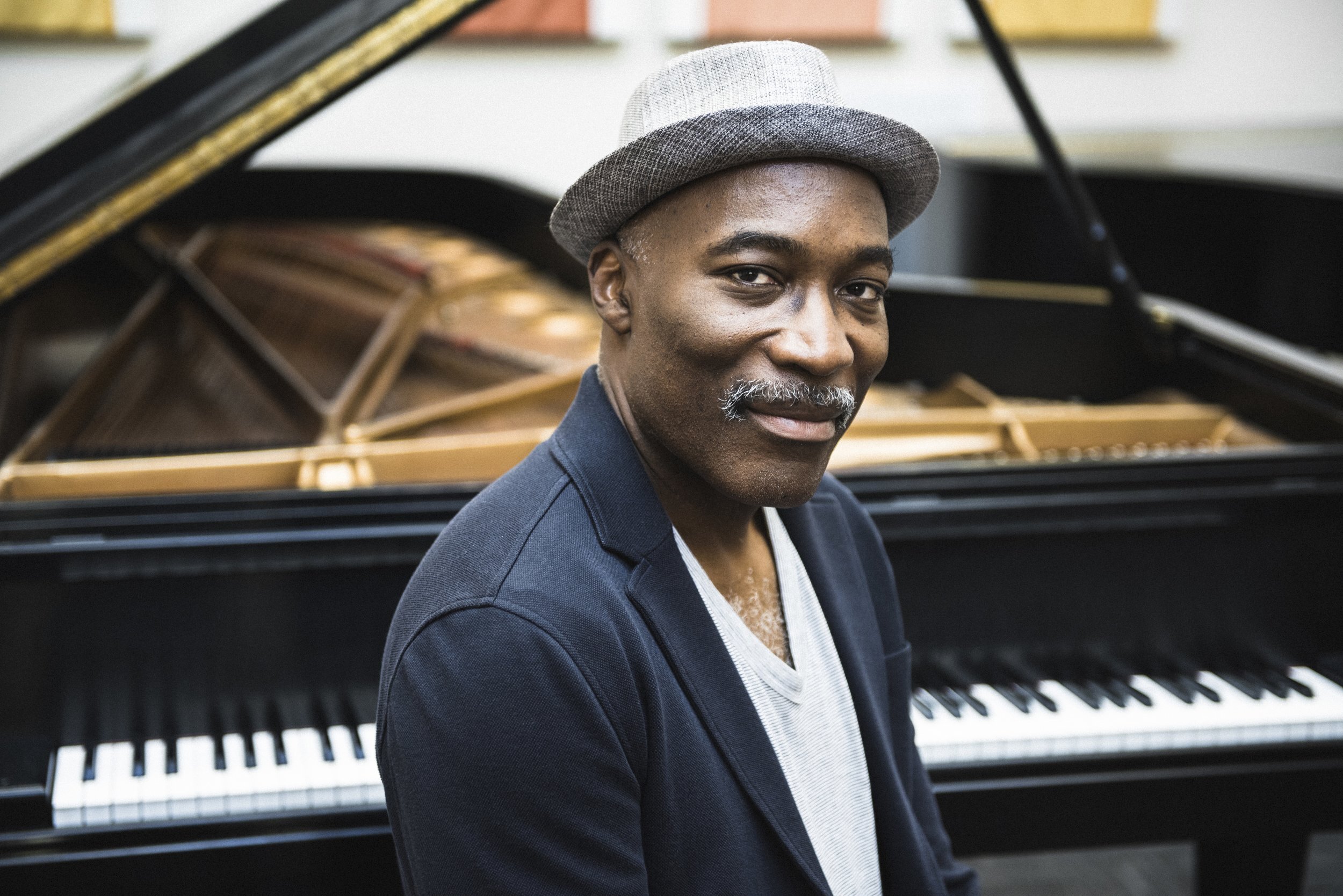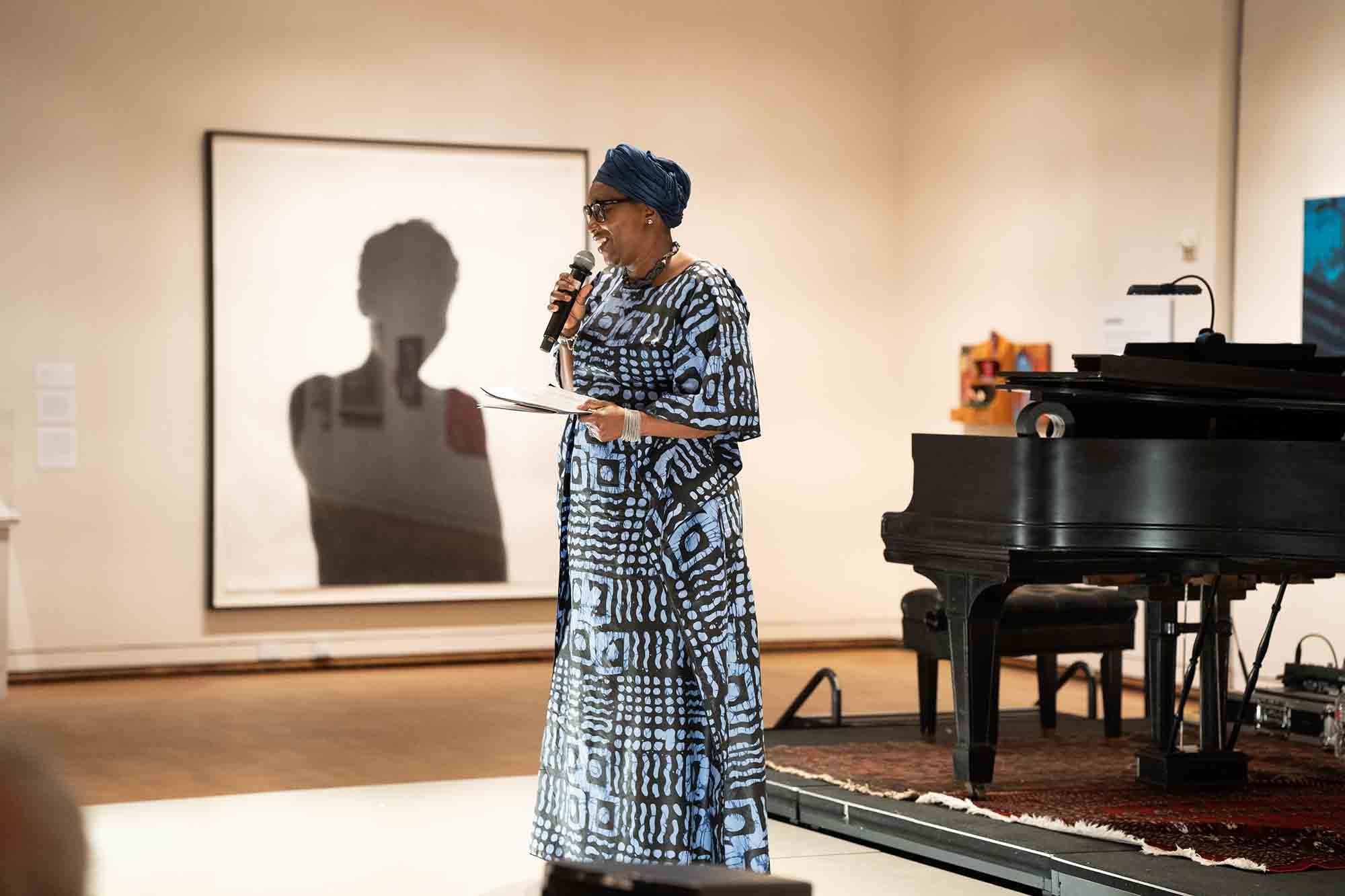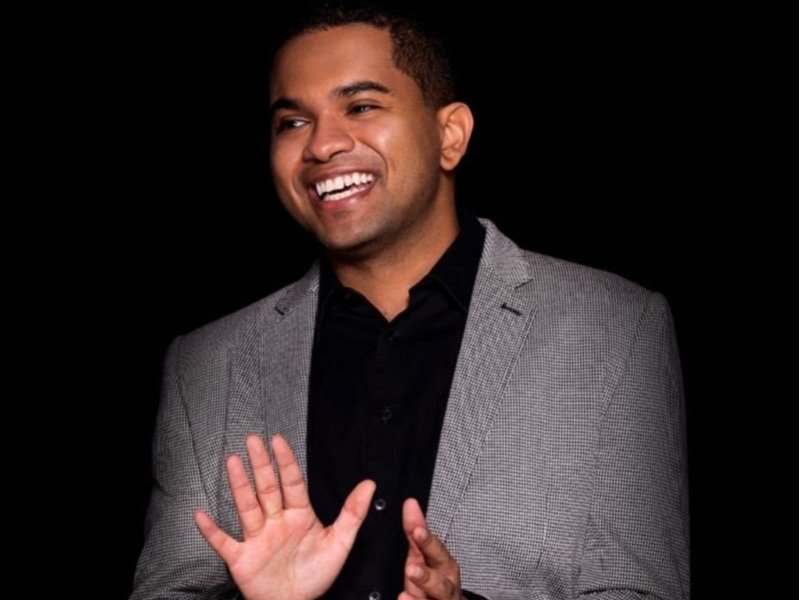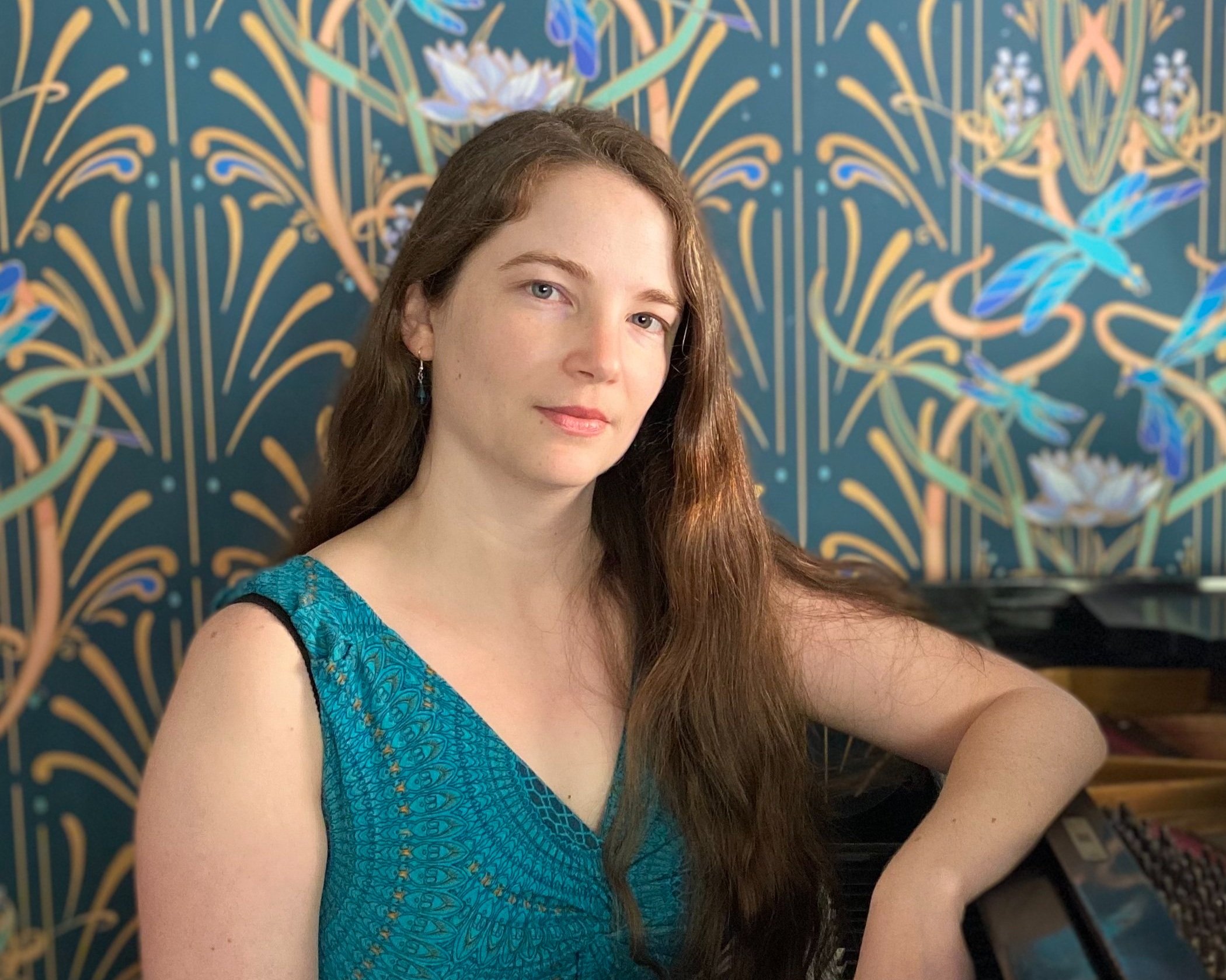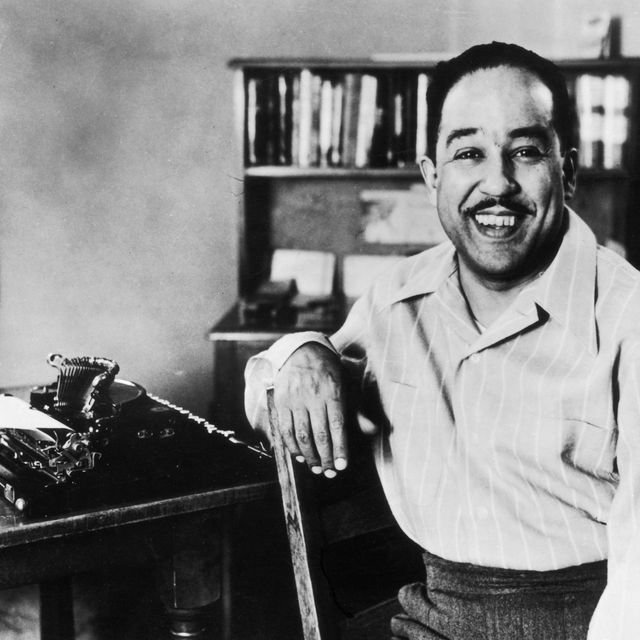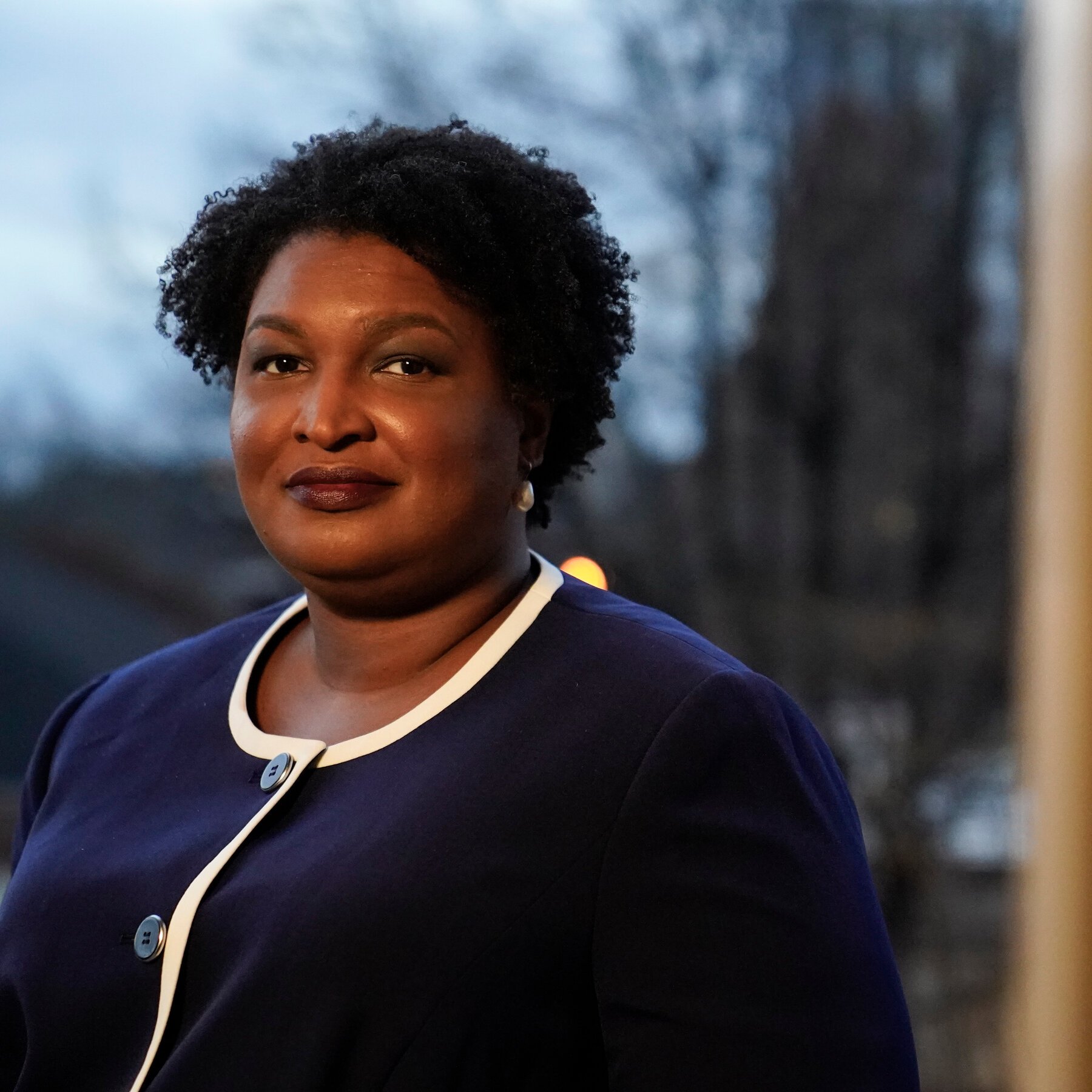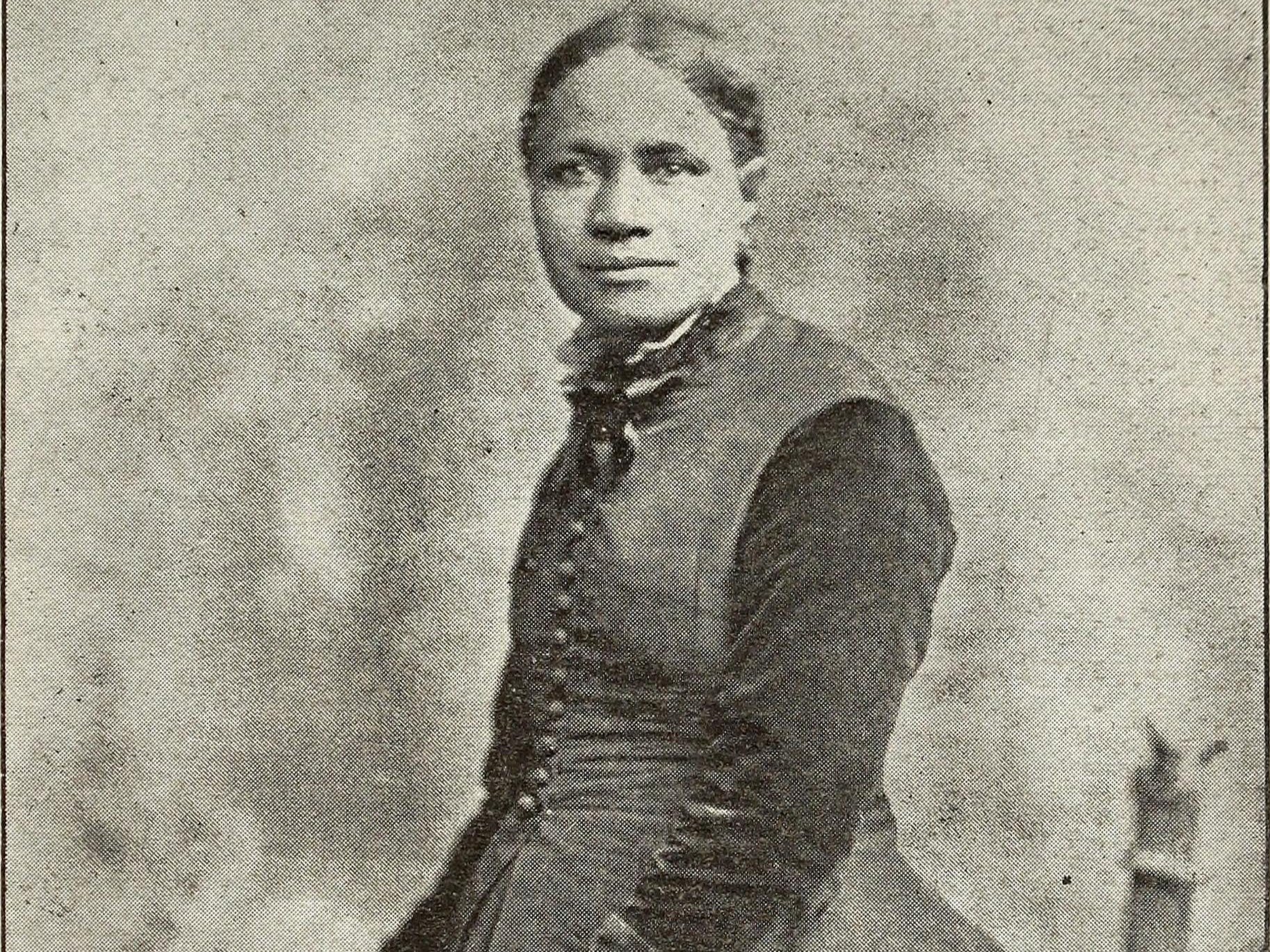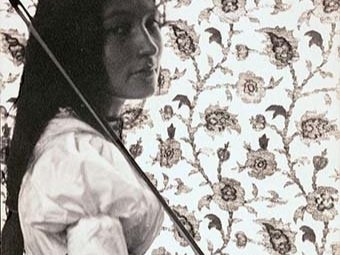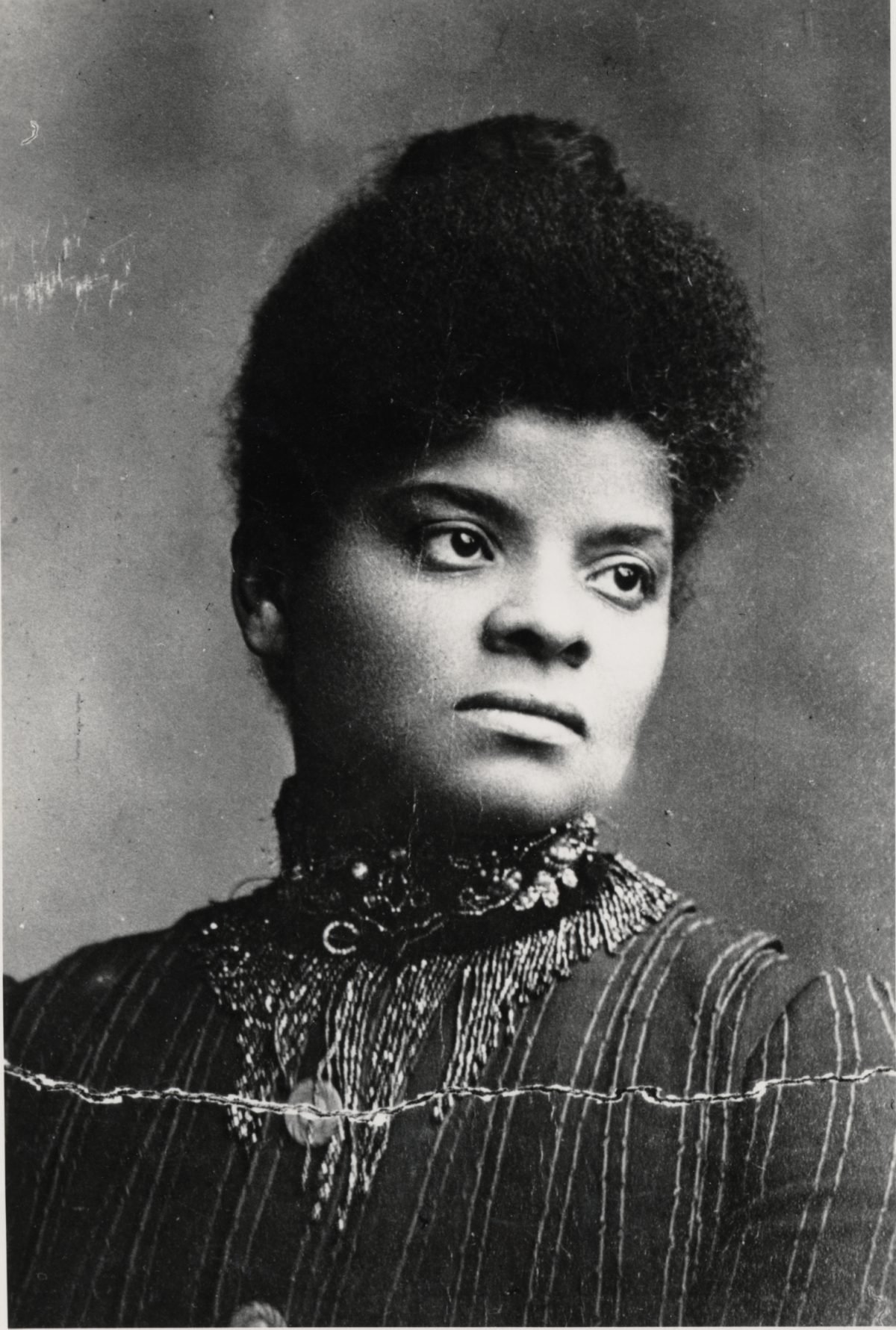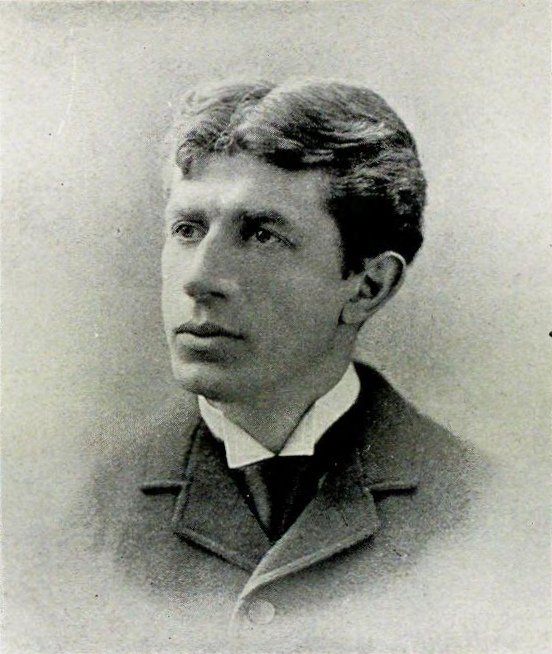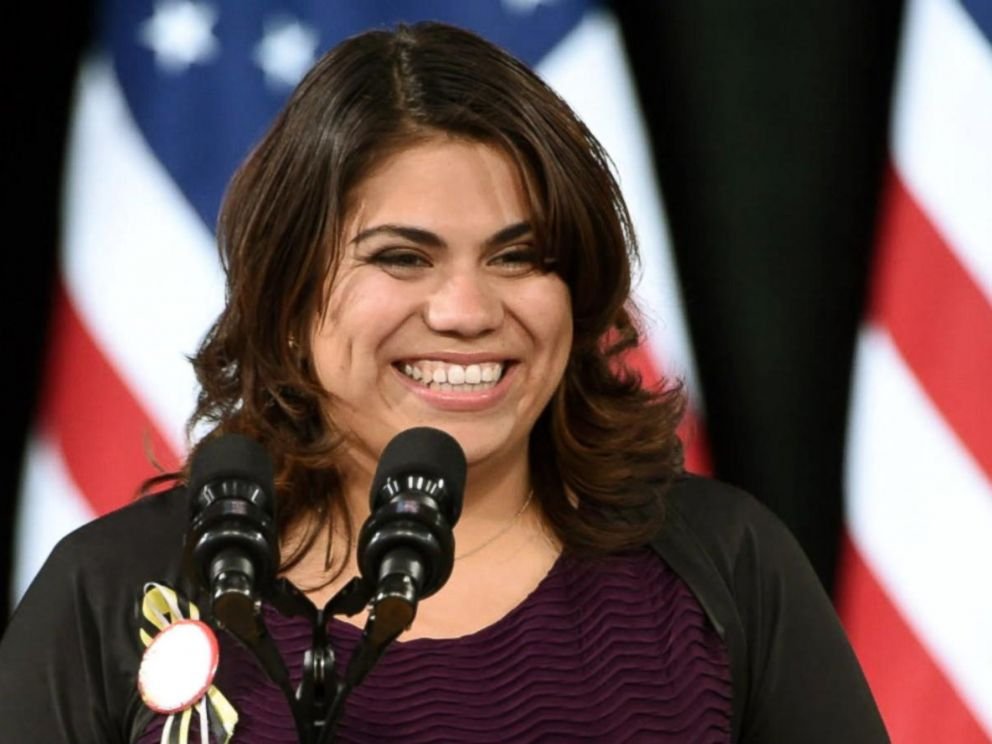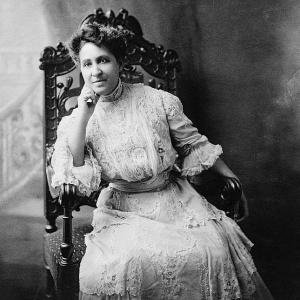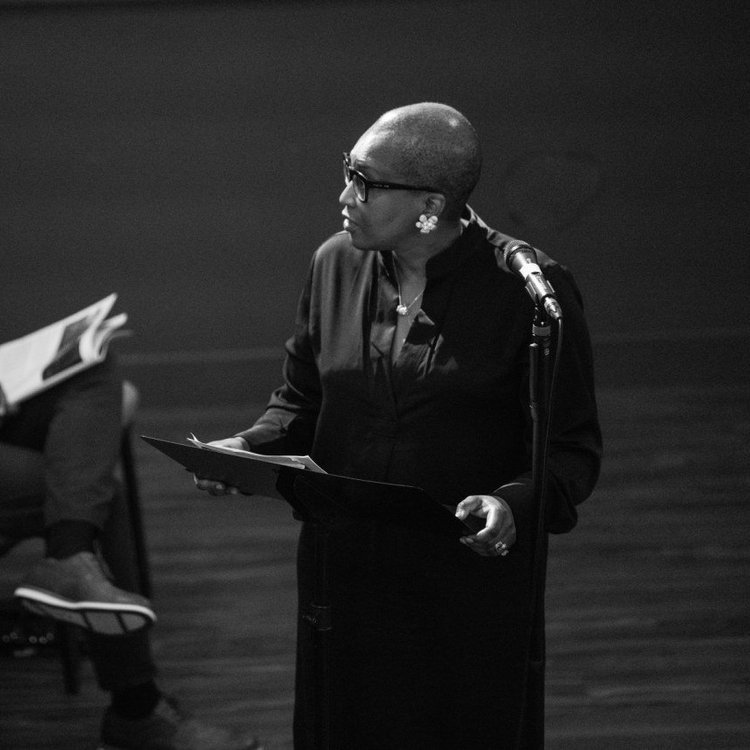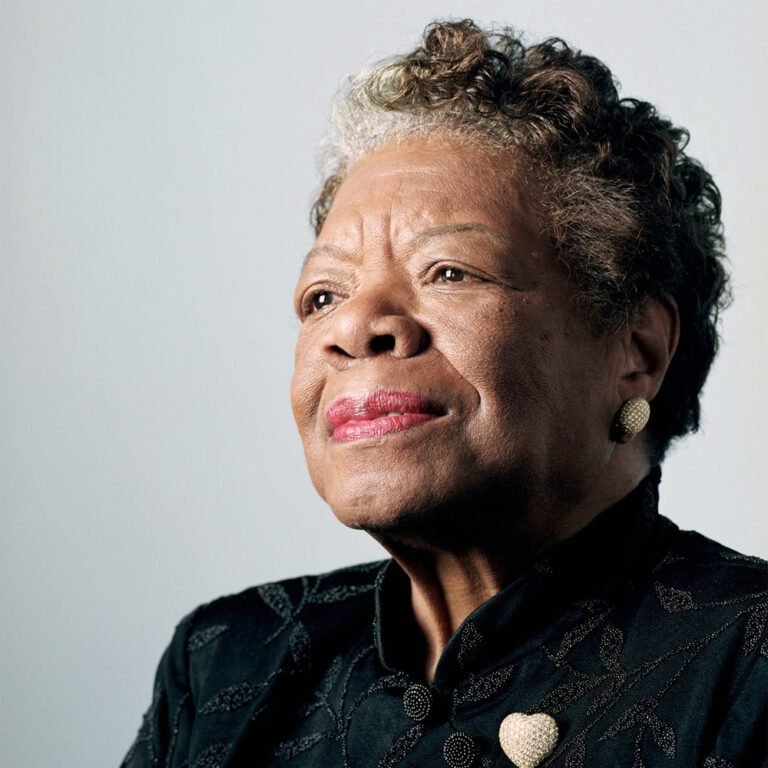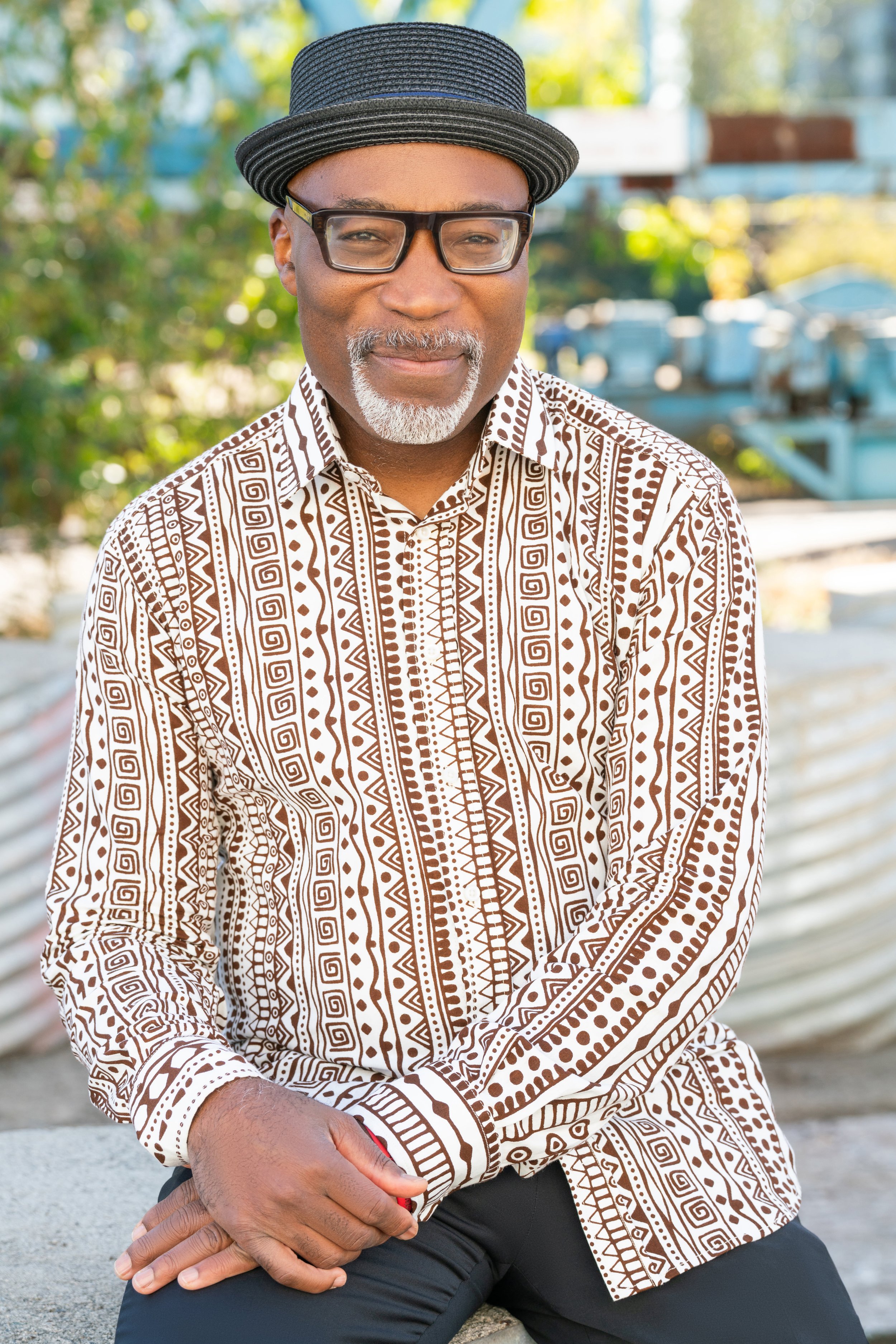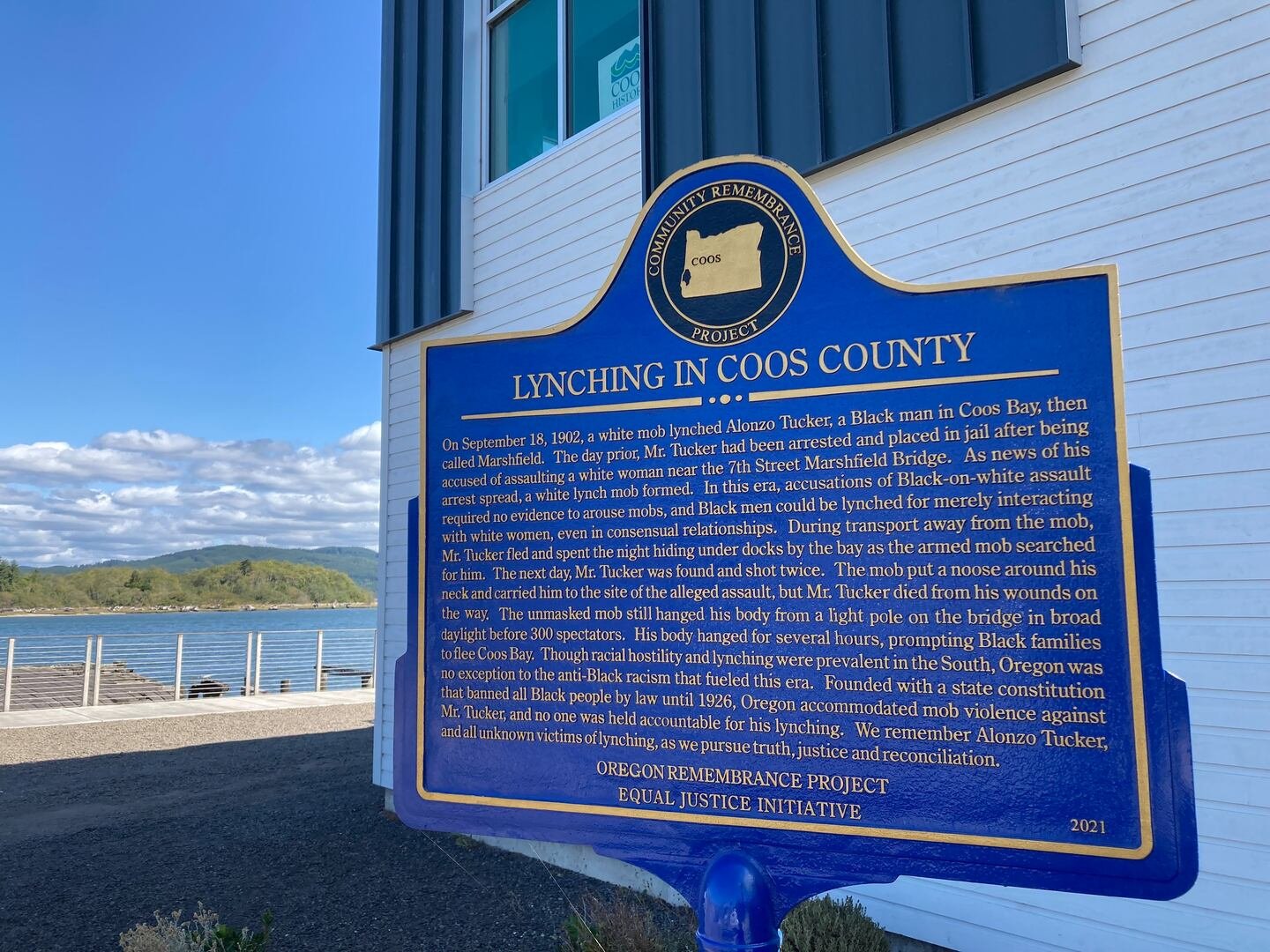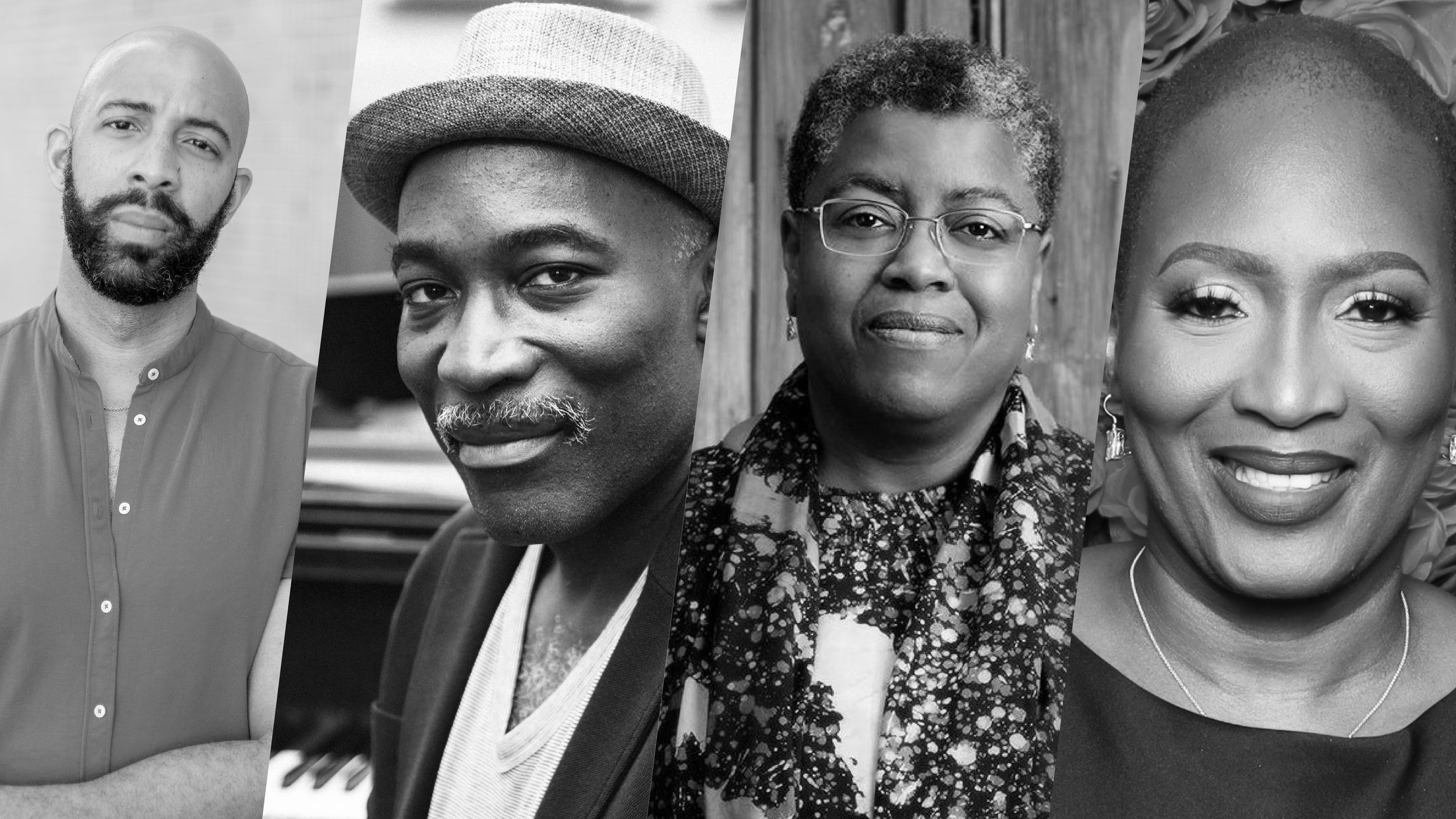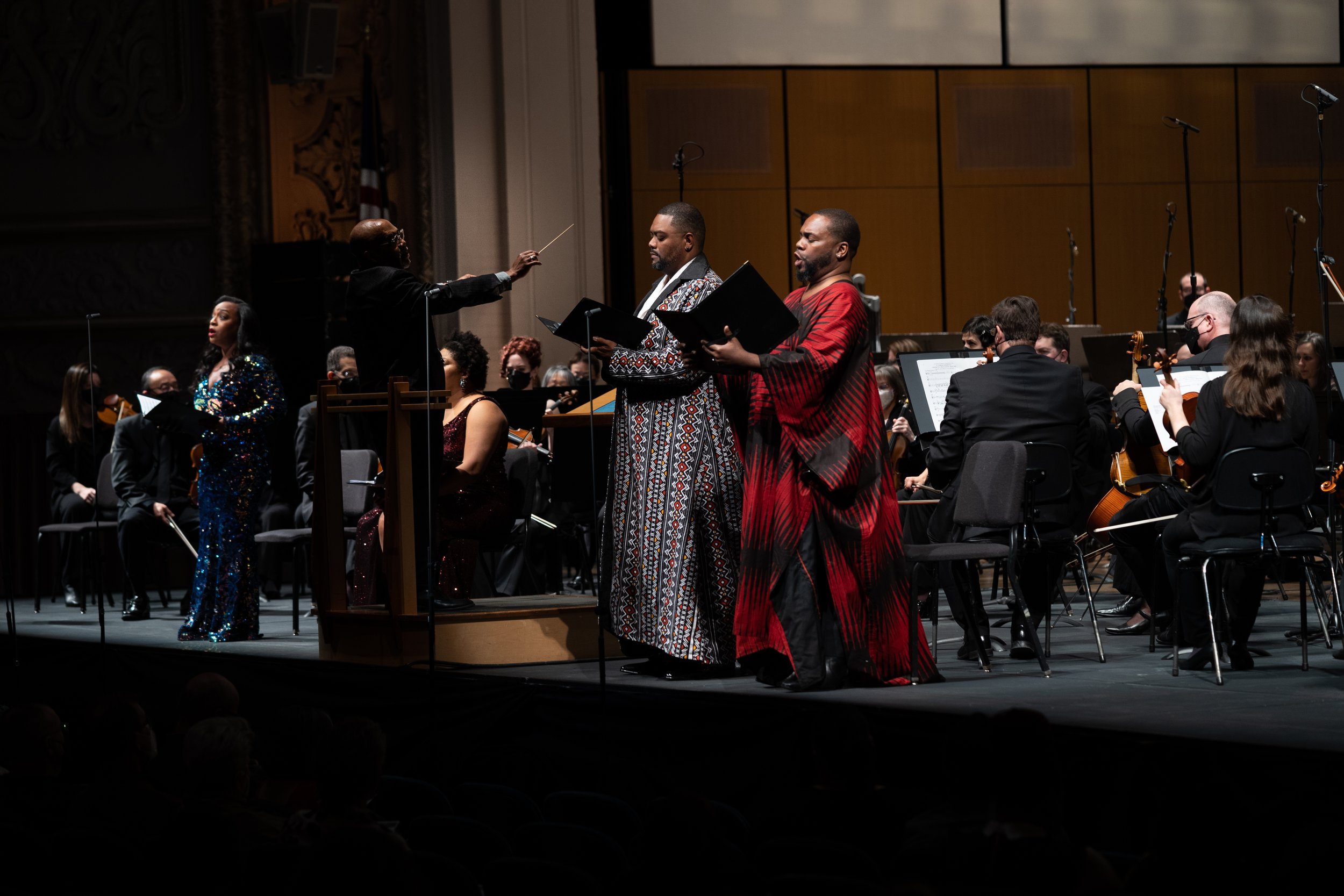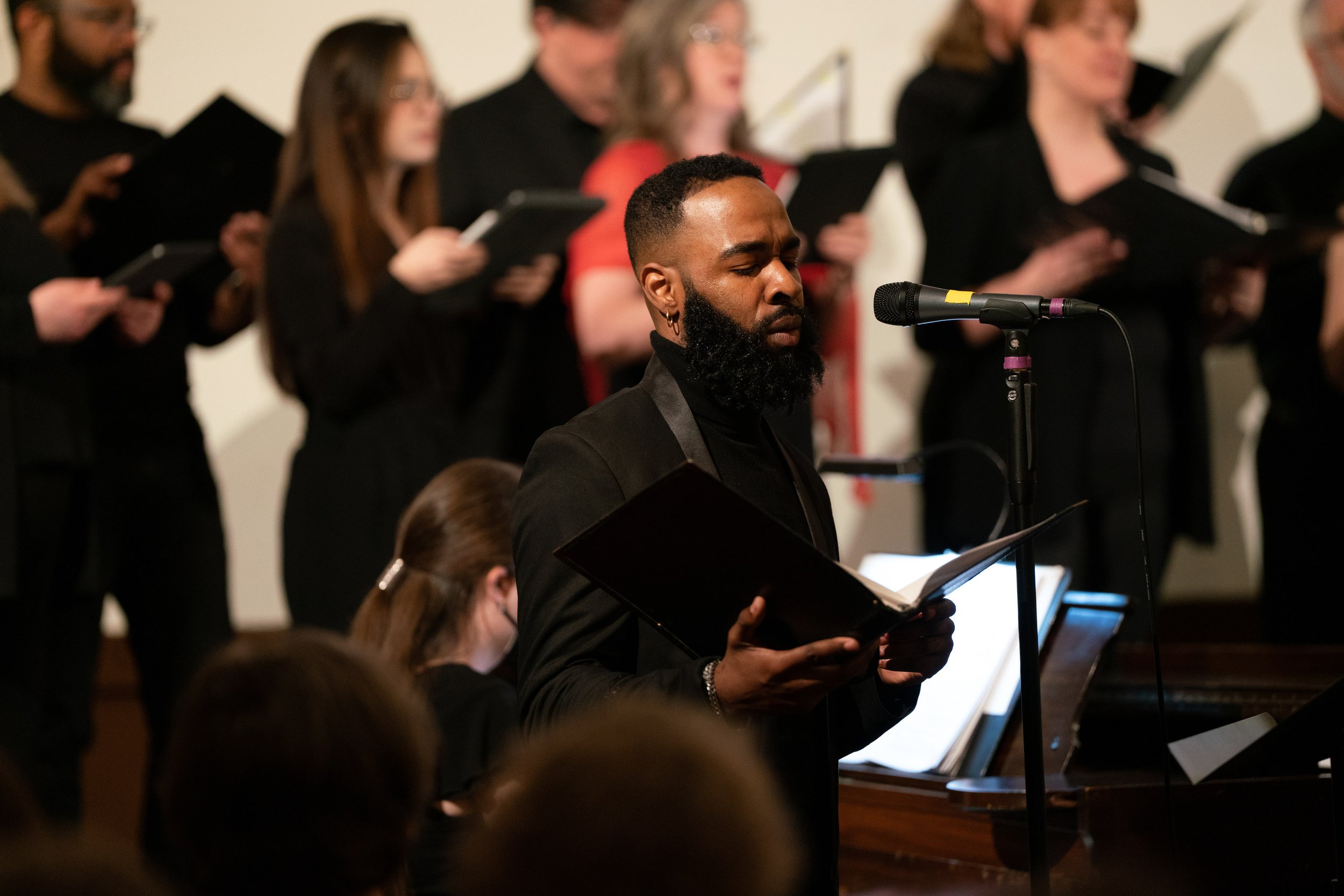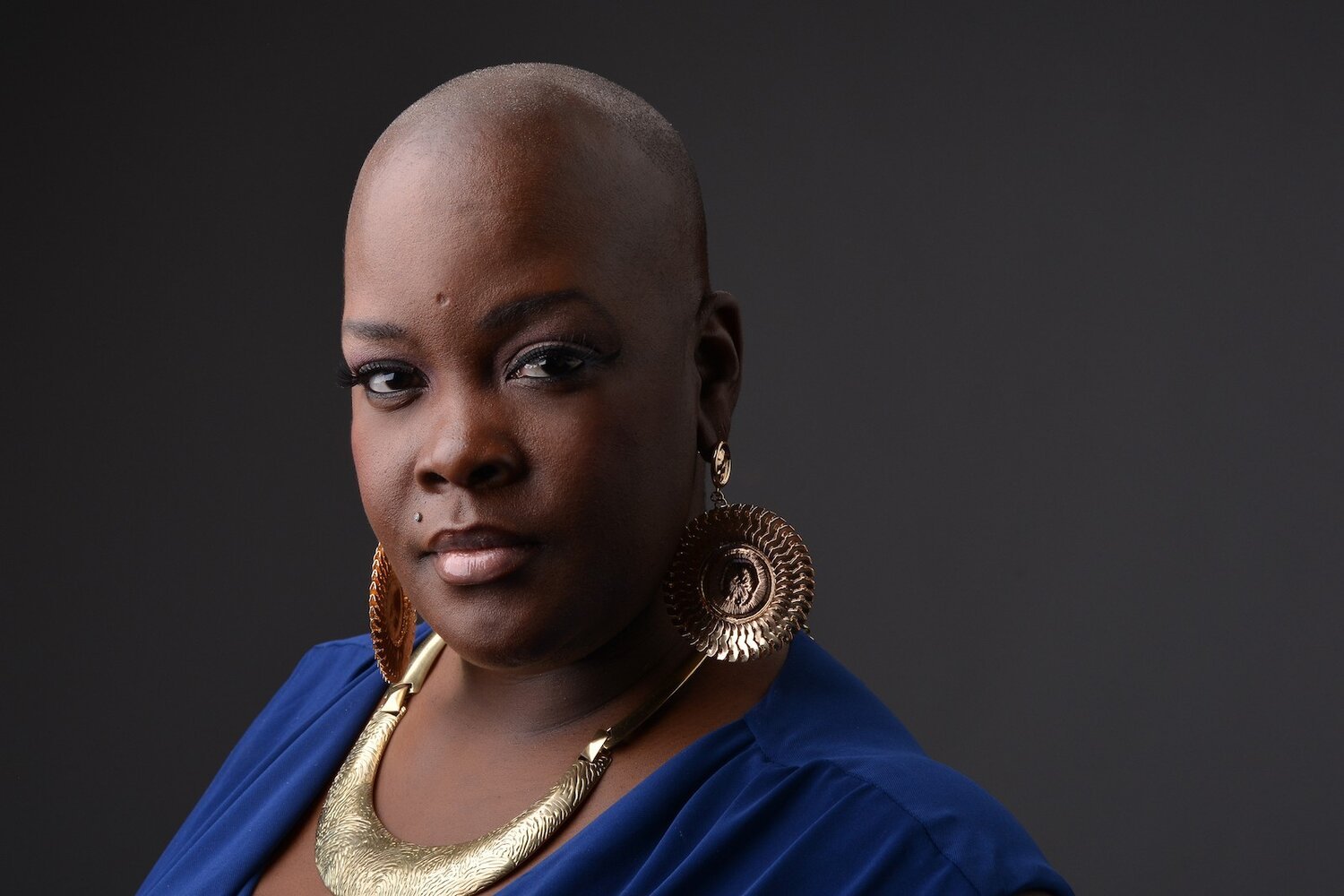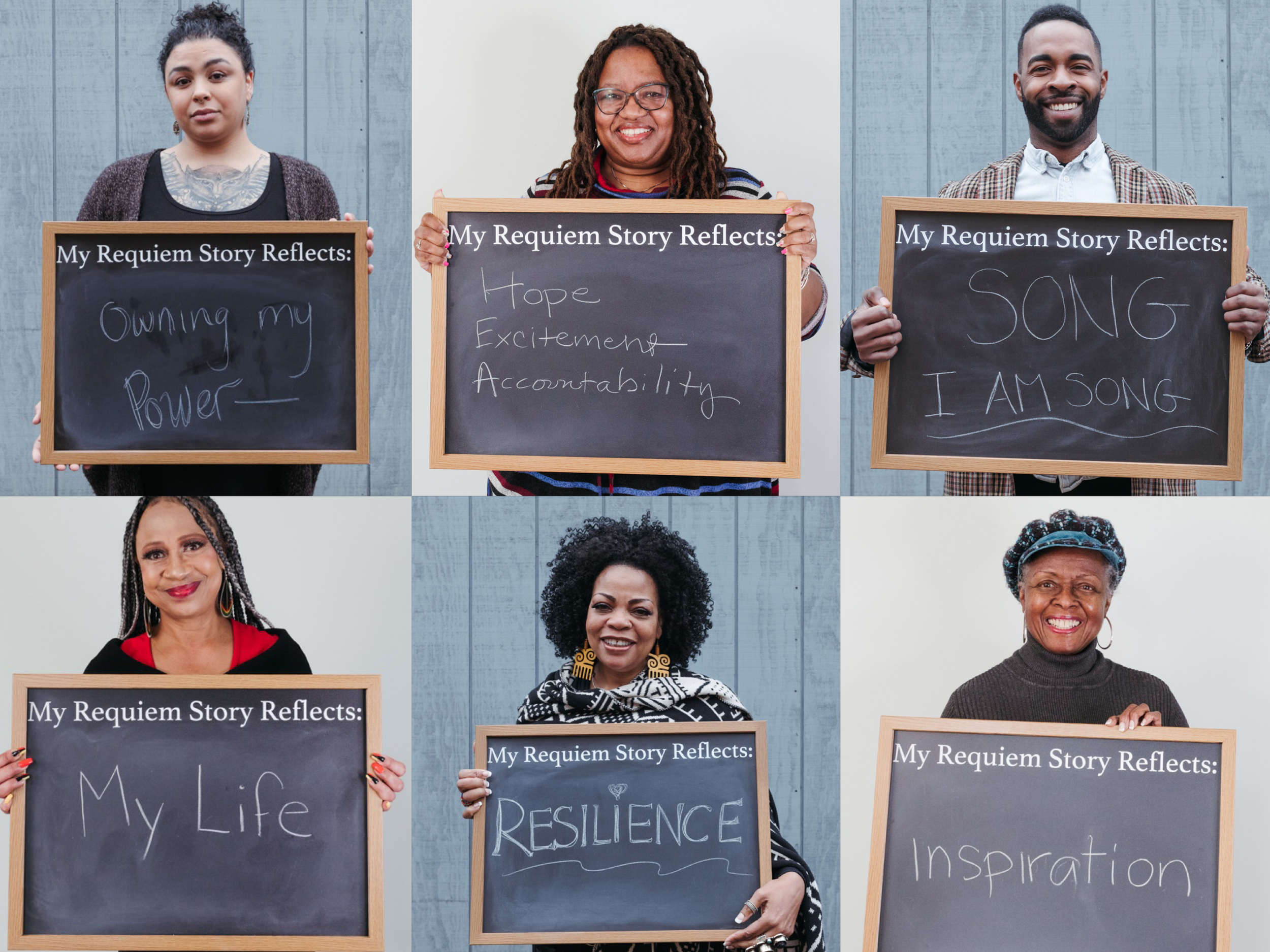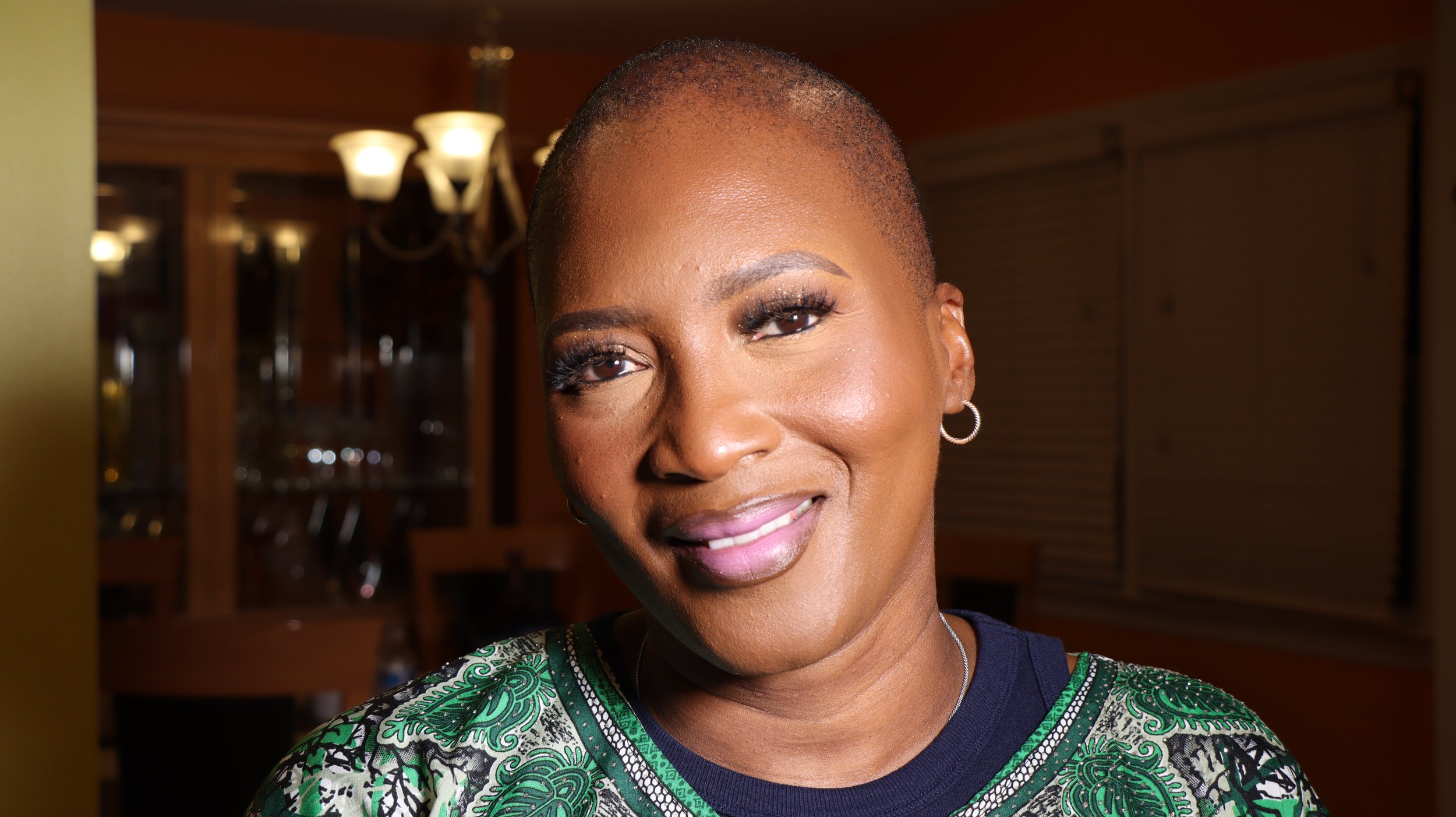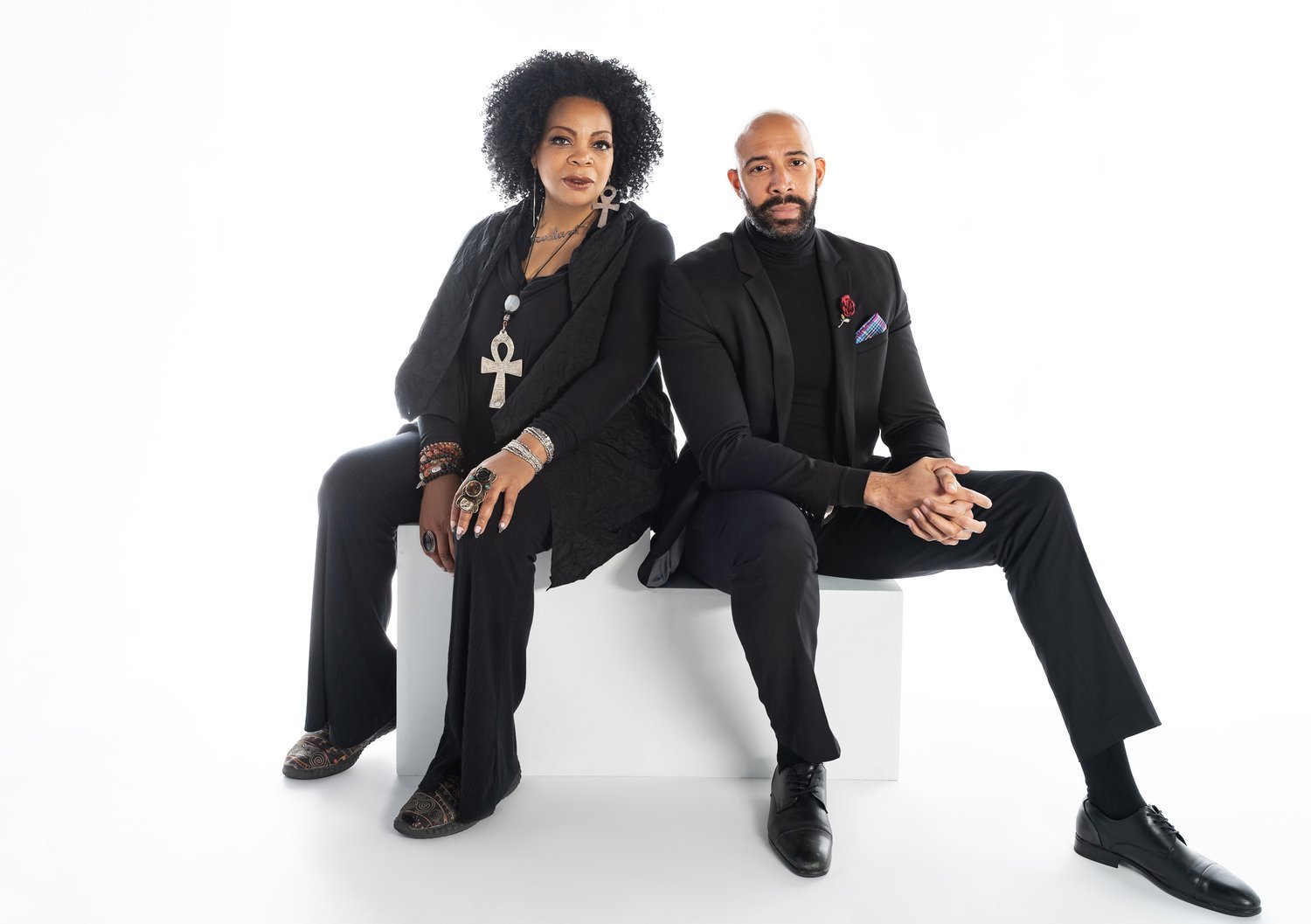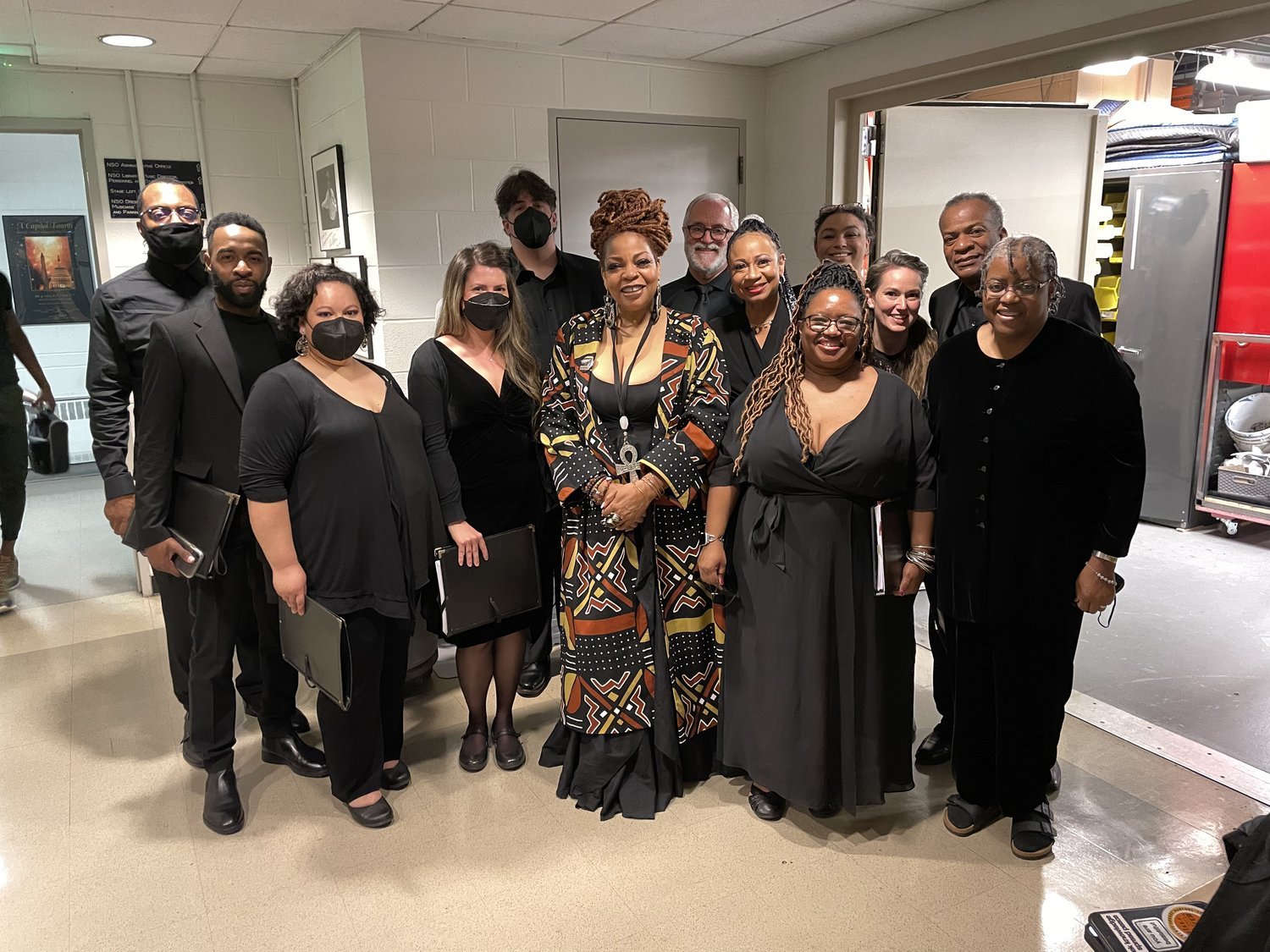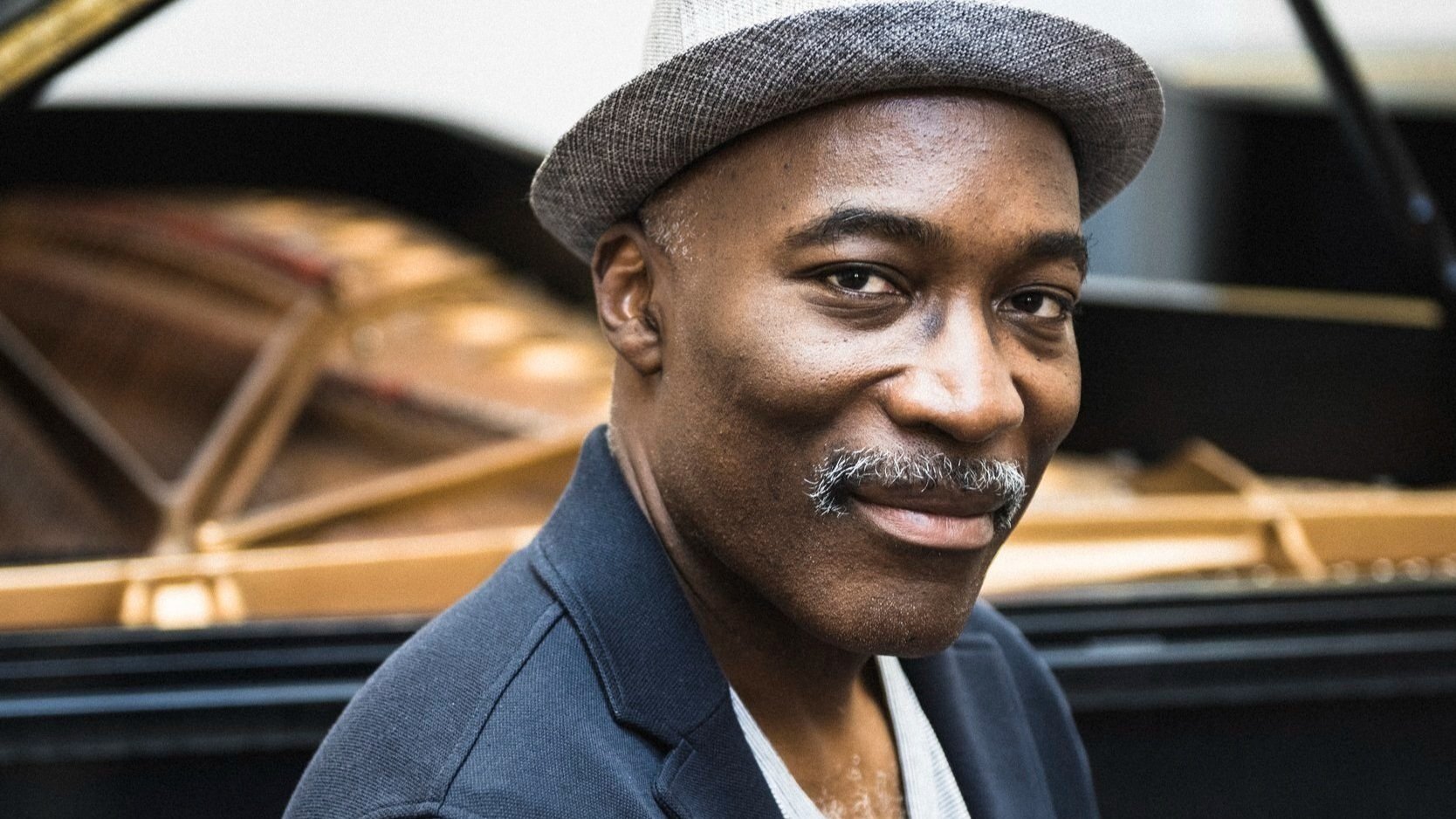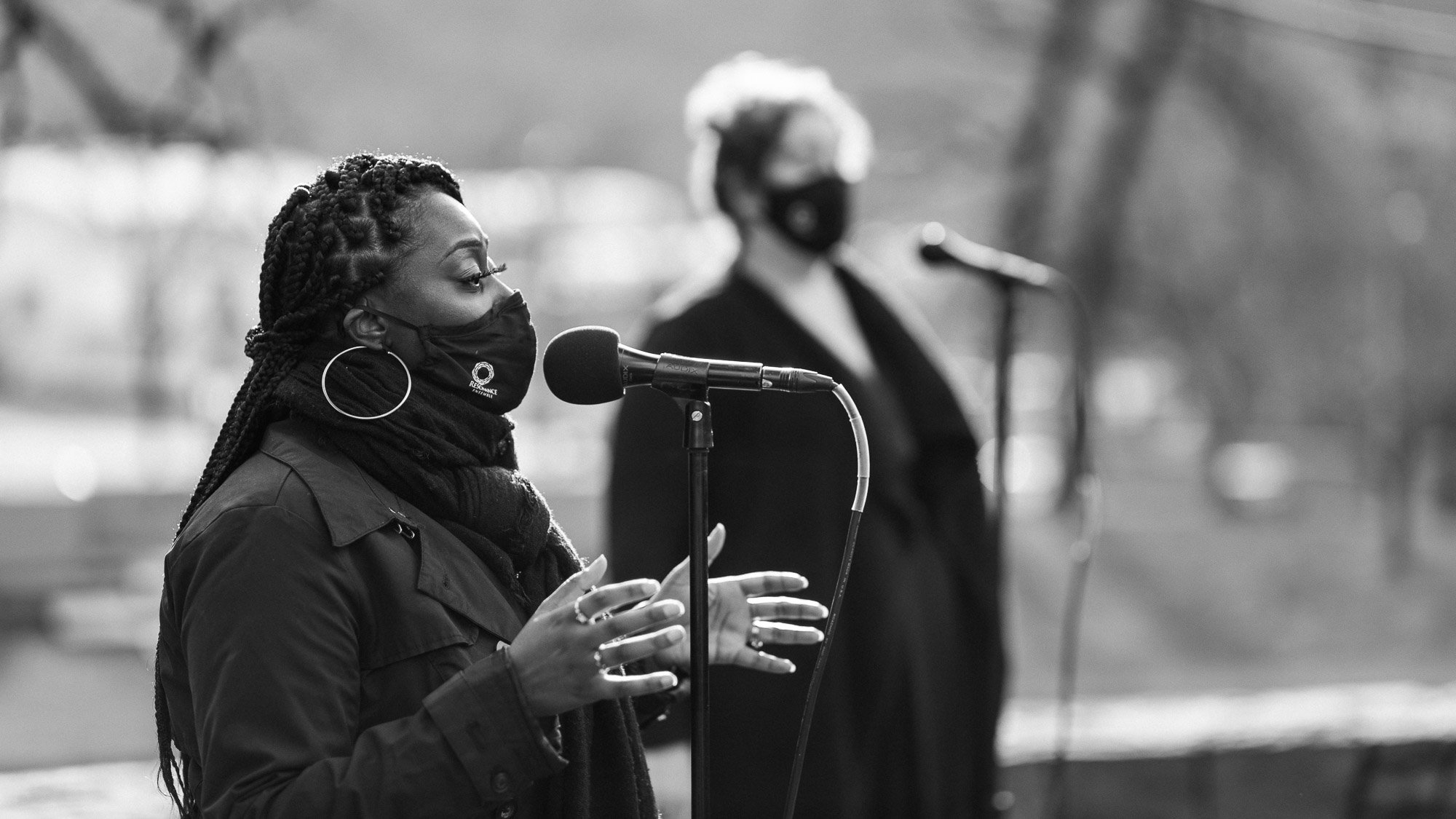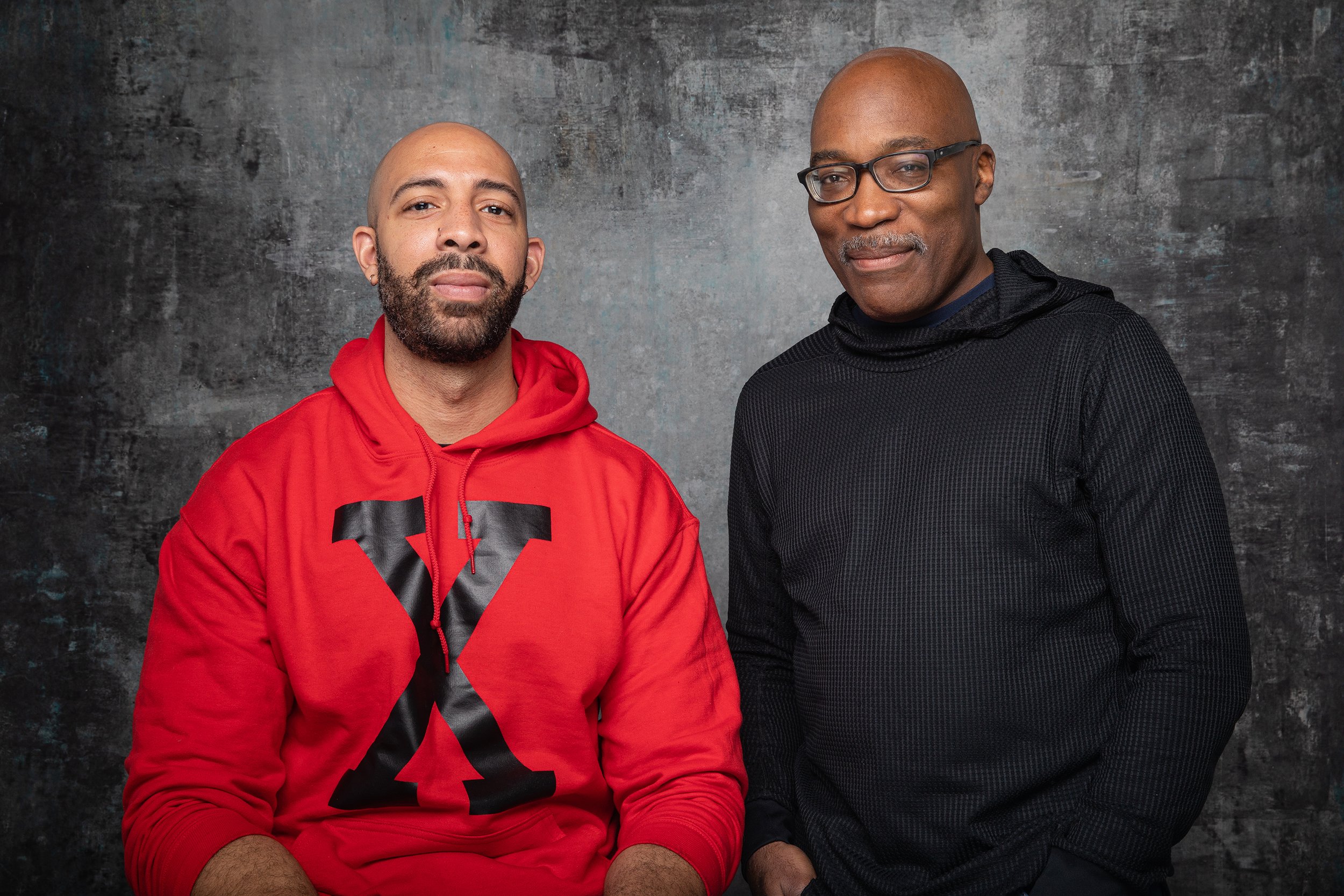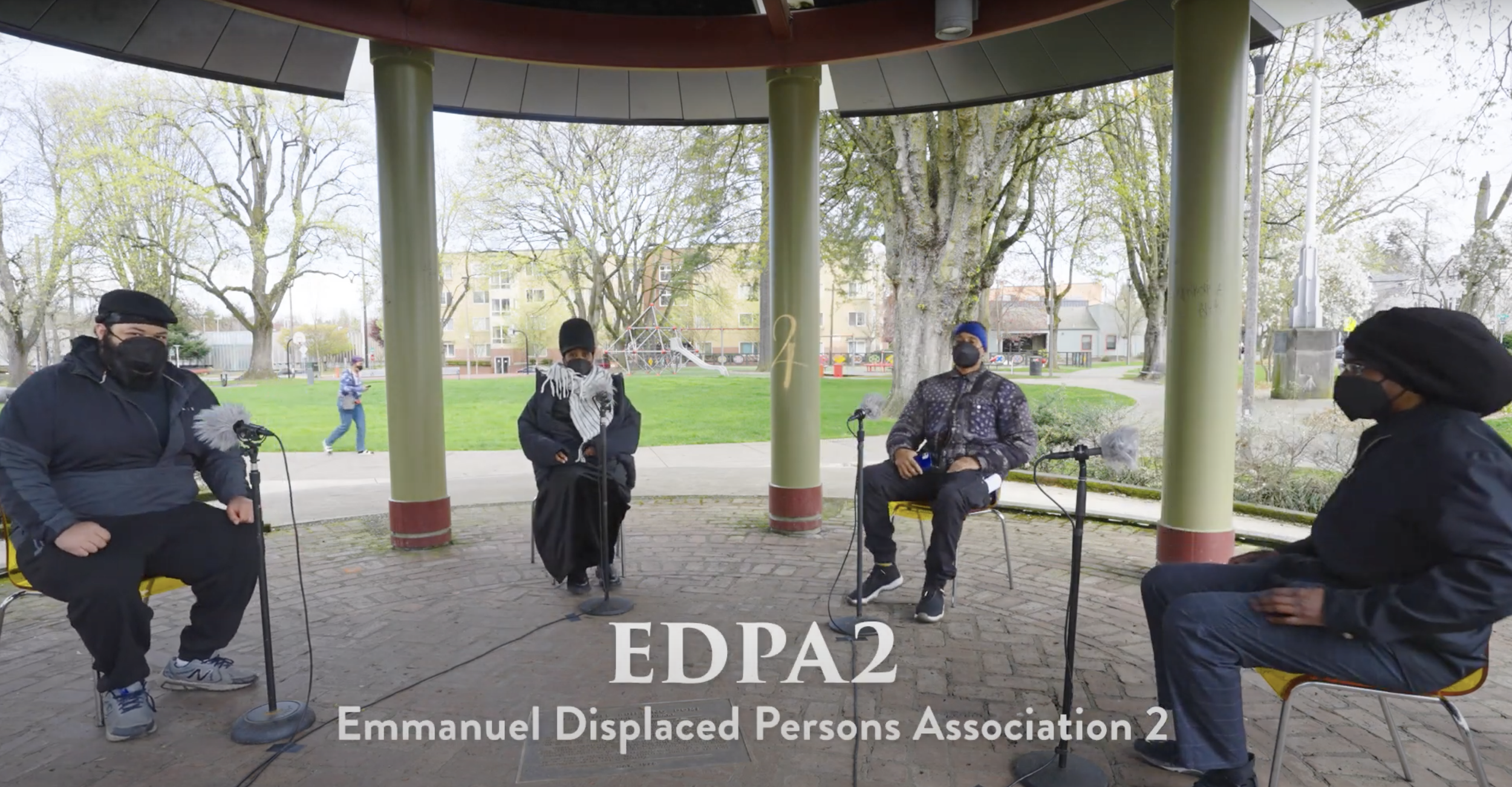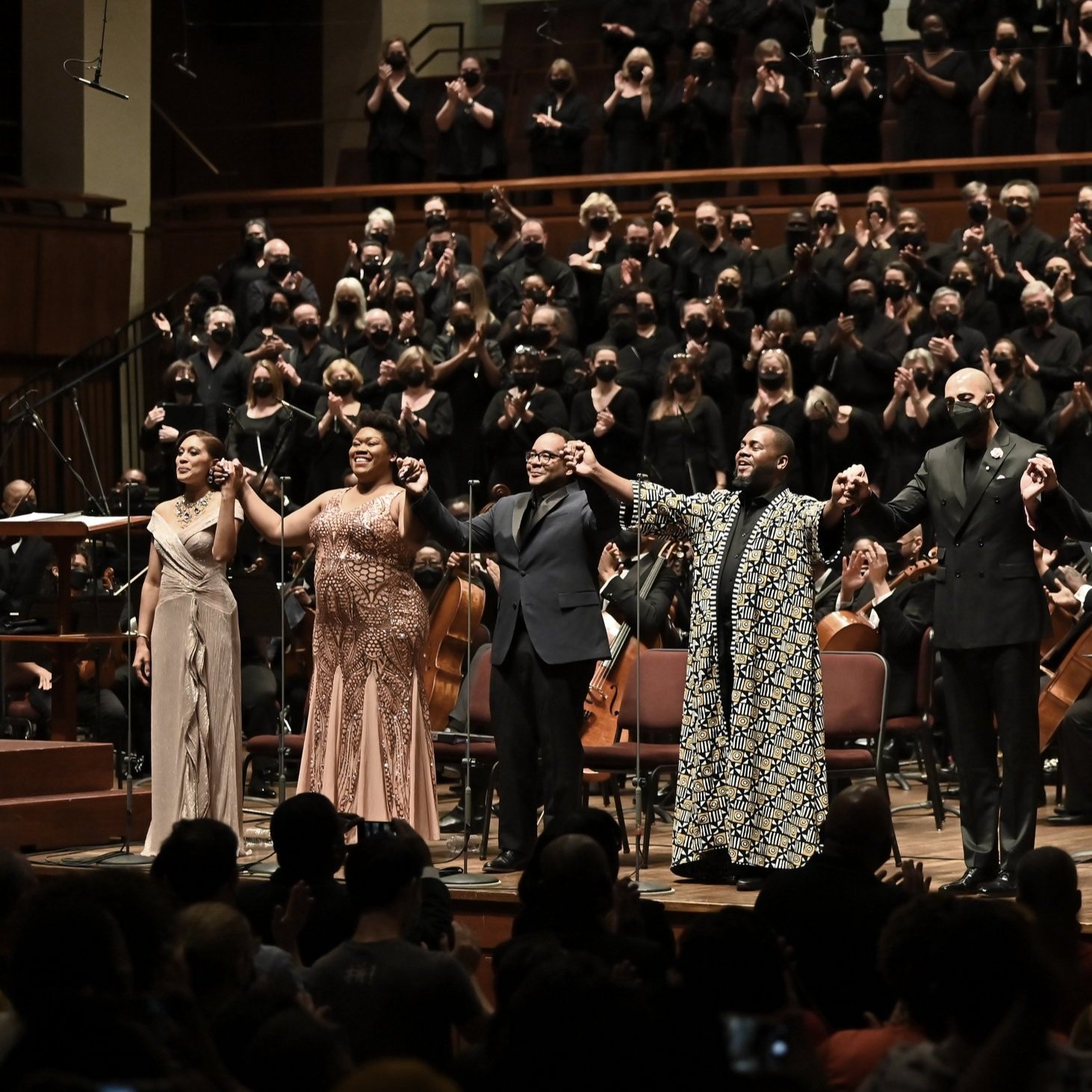Amendment | Righting Our Wrongs
Looking to dive deeper before or after the show?
Check out these important resources to enhance your experience of the performance.
Program and Concert Schedule
Concert Program (Click Here)
Check out the full program to see the program order, read bios about tonight’s artists, and follow along with the texts for each piece!
Concert Schedule
Alberta Rose Theatre | Learn more
SUNDAY, MARCH 17TH
1:30 pm - Doors open
2:00 pm - Show begins
(90 minutes with one 15-minute intermission)
3:45 pm - Post-concert panel begins
Join us for an intimate discussion with Taylor Stewart, Darrell Grant, A. Mimi Sei, Shohei Kobayashi, and Katherine FitzGibbon
4:15 pm - End of program
Concessions
Alberta Rose Theatre includes a full bar, coffee, tea, soft drinks, hot food—including hand pies from Pacific Pie Company!—snacks, and sweet treats for purchase.
Need directions? Check out our Know-Before-You-Go page!
Enjoying the show? Have something to say?
Please take a few minutes to fill out our audience survey - we appreciate your feedback!
FEATURED ARTISTS
Click on the images below to learn more about these incredible artists
About the Music, the Writers, and the Mission
We’ve compiled information about the writers, composers, activists, and more to help you explore the world of Amendment: Righting Our Wrongs.
ABOUT THE MUSIC | PROGRAMMED ARTISTS
Featured WRITERS
-
Often credited as the leader of the Harlem Renaissance (1920’s and -30’s), James Mercer Langston Hughes (1901-1967) was an American writer specializing in poetry, plays, novels, and columns. Hughes and his contemporaries strived to depict the real lives of black people in the lower social-economic strata—lives he portrayed as full of struggle, joy, laughter, and music. His impact on music, writing, and Black communities in general cannot be overstated.
Between his detailed and powerful writings, staunch advocacy for Black equality, and prolific output, it is no wonder, then, that so many composers in his lifetime and beyond continue to set his words to music.
-
Stacey Abrams (b. 1973) made national headlines in 2020 when her efforts as a politician and founder of the Fair Fight Action (which works to counter voter suppression) fostered historic voter turnout in Georgia. While originally from Wisconsin, her family moved to Georgia when she was a child, where she showed an early interest in politics and voter rights - hired as a speechwriter for a congressional campaign at the age of 17. Her career has been highly celebrated for her direct impact on communities, consistency in policy advocation, and personal involvement in the campaigns, foundations, and organizations she participates in.
In addition to her political activities, Abrams is also an active writer of both fiction novels and nonfiction articles and books.
-
Frances Ellen Watkins Haper (1825-1911) was well-known in her own time. For her entire adult life, she worked towards the pursuit of equal rights, job opportunities, and education for African American women especially. Much of her work consisted of lecture tours, covering topics from suffrage for all women, anti-slavery education, and the ills of classism. The very first African-American women to publish a short story, she was a prolific writer of short stories, full-length novels, essays, poems, and lectures. Her most famous, “We Ae All Bound Up Together,” was aimed at white women in particular to include African American women in their fight for suffrage - famously stating “You white women speak here of rights. I speak of wrongs.”
-
Living from 1876 to 1938, the Yankton Dakota Zitkála-Šá (“Red Bird”) was an influential writer, musician (violin), editor, translator, educator, and political activist. Her writings were foundational in sharing traditional native stories to English-speaking readers in a time when such sharing was rare. Serving as the co-founding President of the National Council of American Indians, she lobbied tirelessly for Native people’s rights for US citizenship and other vital civil rights—fostering crucial changes to education, health care, and legal standing for Native American people.
While the first phase of her writing largely focused on personal essays, sharing Native stories, and describing tensions between the two cultures she was raised in, her later writing period was highly political in nature—including pamphlets, essays, treatises, and articles. She also collaborated with William F. Hanson to write the libretto and contribute songs for an original opera, The Sundance Opera (premiered in 1913). In 2022 an opera based on her life and work was released: Mináǧi kiŋ dowáŋ: A Zitkála-Šá Opera. It is the first opera to use Dakota language.
-
Born into slavery during the Civil War and becoming one of the most celebrated and influential civil rights advocates in American history, Ida B. Wells (1862-1931) was a force to be reckoned with. A key founder in the National Association for the Advancement of Colored People (NAACP), Wells fought her whole life to end prejudice and violence against African Americans—focusing especially on calling to an end the barbaric practice of lynching. Her staunch and unwavering call to elevate the status of Black citizens to true equality often caused friction with other civil rights and suffrage leaders, even being labelled a “race agitator” during World War I by the US government.
In addition to her powerful and influential speeches, her investigative journalism proved a vital documentation of particularly brutal attacks on African Americans—most notably covering the East St. Louis Race Riots in 1917 and the Elaine massacre in Arkansas in 1921.
In 2020 she was posthumously honored with a Pulitzer Prize special citation "for her outstanding and courageous reporting on the horrific and vicious violence against African Americans during the era of lynching.
-
Best known as the author of the original Pledge of Allegiance (1892), Frances Bellamy (1855-1931) was an author and Christian socialist minister. He believed in the absolute separation in Church and State, and did not—in fact—include “under God” in his pledge. His original pledge read “I pledge Allegiance to my Flag and to the Republic for which it stands, one Nation indivisible, with Liberty and Justice for all.”
The “one Nation” clause was particularly important to Bellamy, who wanted the pledge to apply to a newly-unified US following the Civil War, creating an equitable society across the classes.
He was removed from a church in Boston for preaching against capitalism, and eventually stopped preaching altogether—turning towards public education lectures and writings about socialism.
-
Astrid Silva entered the national stage when then-president Barack Obama shared her harrowing journey to the United States in a national address in 2014. Silva had illegally immigrated with her mother at the age of five with little more than the clothes on her back.
She went on to co-found the Dream Big Nevada organization and has continued her advocacy work, direct support initiatives, family unification aims, and fundraising for recent immigrants to the US.
-
A contemporary of Ida B. Wells, Mary Church Terrell’s (1863-1954) activism was sparked in 1892 when an old fiend was lynched in Memphis simply because his business competed with the local whites. While she joined Wells in calling for an end to lynching, her work focused moreso on the advancement of Black citizens through providing equal access to education, good jobs, and community activism—her motto, “lifting as we climb,” catching like wildfire throughout many circles of activism. Another co-founder of the NAACP, she also founded the National Association of Colored Women (NACW).
In addition to her numerous writings and speeches, she also picketed and protested in-person, even at the age of 86—protesting segregation at a restaurant in DC, 3 years before the Supreme Court ruled segregated eating establishments were unconstitutional.
-
Aminata R. Sei (Mimi) is a poet, writer, and social justice advocate based in Portland, Oregon. She is an avid reader and a lover of music and all things African.
This weekend’s premiere of From the Book of Sankofa is one of many collaborations Resonance has enjoyed with the poet/activist—past collaborations include the historic forward to Damien Geter’s An African American Requiem, and a new text set by composer Kenji Bunch as part of the Portland Protests concert in March 2023. Mimi, a Resonance Ensemble board member, is also the leading founder of the Donors for Black Excellence initiative, launched this past spring.
Read more about Mimi and her work here.
-
Today, Maya Angelou (1928-2014) and her works are taught in schools and universities worldwide, with her most celebrated works consisting of “autobiographical fiction.”
Her most famous wok, I Know Why the Caged Bird Sings, was her first autobiography (1969) and garnered international acclaim and recognition—rising many of her other works out of relative obscurity. Her autobiographies were groundbreaking at the time, paving the way for future generations of African American women to publicly discuss their personal lives and internal struggles.
In addition to her prolific and impactful writings, she also wrote, produced, and narrated a 10-part series of documentaries exploring the connections between blues and African heritage (Blacks, Blues, Black!), and was the first Black woman to have a screenplay produced (1972 for Georgia, Georgia). She also acted in several films, and became the fist African-American woman to direct a major motion picture (Down in the Delta, 1998).
Featured COMPOSERS
Click on the images below to check out more information about the composers on tonight’s program, explore their stories, and listen to more of their work!
ABOUT THE COMMISSION | FROM THE BOOK OF SANKOFA
WATCH | CONVERSATION WITH DARRELL GRANT AND A. MIMI SEI
Check out this short video with composer Darrell Grant and poet A. Mimi Sei, sharing more about how they came to work together and the starting pieces of their substantial new work for choir, piano, speaker, and cello.
READ | REFLECTION FROM COMPOSER DARRELL GRANT
Composer Darrell Grant recently shared an in-depth reflection about the beginnings, process, and possible futures for his latest work in collaboration with A. Mimi Sei.
LISTEN | EXCERPTS FROM SANKOFA ON ALL CLASSICAL RADIO
Listen to writer and spoken-word artist A. Mimi Sei read her original text for the new work over musical excerpts from the piece, played on piano by composer Darrell Grant. You can also hear more about their process and inspirations. Hosted by ACR’s Christa Wessel! Resonance is also joined by Portland Opera, sharing excerpts from a new opera by Joel Thompson, also featured on today’s program!
EXPLORE | SANKOFA
Sankofa (pronounced SAHN-koh-fah) is a Twi word (Ghana) meaning “go back and get," sometimes depicted as a bird with its head turned backwards while its feet face forward—carrying a precious egg in its mouth. In the case of this work, Grant and Sei focus on this symbol’s meaning: the need to reflect on the past to build a successful future.
You can explore more of Sankofa’s various meanings, history, symbols, and uses on this site about Adinkra Symbols and Meanings.
ABOUT THE MISSION | OREGON REMEMBRANCE PROJECT
Resonance Ensemble is proud to partner with the Oregon Remembrance Project for this program. Founded in 2018 by Taylor Stewart, the organization began as a project to memorialize Alonzo Tucker—Oregon’s most widely documented African American victim of lynching. Since this initial focus, ORP has expanded across Oregon to help communities begin the difficult task of reconciling histories of injustice—writing new endings and creating a more equitable Oregon for future generations.
WATCH | HOW DO YOU RECONCILE A LYNCHING?
In this powerful talk, Taylor asks us: “How do you reconcile a lynching?” He applies his “three R's” of Reconciliation: Remembrance, Repair, and Redemption. Taylor was instrumental in erecting a historical monument on June 23, 2021, to honor Tucker and the community’s reconciliation efforts.
Through empathetic leadership, community building, and sheer will, Taylor reminds us of what is right in this world and what we must do to move forward with redemptive justice—writing new endings of justice to histories injustice.
READ | MEET THE OREGON REMEMBRANCE PROJECT
The Equal Justice Initiative, based in Montgomery, AL, has meticulously chronicled the haunting legacy of nearly 6,500 African American victims of lynching spanning the years 1865 to 1950. Oregon, too, bears witness to this history—most notably in Coos Bay, with the lynching of Alonzo Tucker in 1902.
The Oregon Remembrance Project works with communities throughout Oregon to unearth stories of injustice and foster the necessary dialogue for healing and reconciliation. Taylor’s work began in Coos Bay, grappling with the question, “How do you reconcile a lynching?”
Earlier this spring, we had the privilege of sitting down with Taylor to delve into the genesis of this groundbreaking movement and the transformative work that lies ahead.
ABOUT THE MISSION | DONORS FOR BLACK EXCELLENCE IN THE ARTS
Tonight’s performance is supported by the Donors for Black Excellence in the Arts initiative. Developed and led by Resonance Board Member, writer/activist A. Mimi Sei, the program seeks to honor Black creatives in a wide array of disciplines—every day of the year. Learn more about how you can support incredible Black Artists at the link below!
UP NEXT FROM RESONANCE ENSEMBLE
UNDER THE SKIN | Community Benefit Screening for Resonance!
Monday, March 25 @Hollywood Theatre
As part of its ongoing mission to create powerful programs that promote meaningful social change, Resonance announces an exciting partnership with the historic Hollywood Theatre. Music and film lovers alike are invited to a special screening of the highly-acclaimed science fiction masterpiece, Under the Skin as part of the Hollywood’s Feminist March screening series.
All funds raised for Resonance Ensemble during the screening will go directly to supporting the REAP Initiative, which provides vital access to Resonance programming through film—supporting local filmmakers in creating music videos, livestreamed concerts, documentaries, interviews, and more.
SWEET HONEY IN THE ROCK® | WITH RESONANCE ENSEMBLE
Friday, April 5th @The Patricia Reser Center for the Arts
Saturday, April 6th @The Armory
While we were deeply saddened by the cancellation of our collaboration with Bobby McFerrin due to health concerns, Resonance is thrilled to soon announce the powerhouse a capella group, Sweet Honey in the Rock® will be coming to Portland and Beaverton this April as part of their 50th anniversary celebration.
Opening for this iconic vocal ensemble, Portland’s own Resonance Ensemble will feature the work of three powerhouse composers - Damien Geter, Emmy-award winning Jasmine Barnes, and Cecille Elliot - to kick off the evenings of performances.
MISSION 15 | A 15TH ANNIVERSARY CONCERT
Saturday, June 8th @The Winningstad Theater
One-night only special event!
Join us for this special fifteenth anniversary finale concert. We celebrate this special birthday with a performance of 15 audience-favorite Resonance commissions—including works from fan favorites like Cecille Elliott, Damien Geter, Joe Kye, Kenji Bunch, and more. This showcase speaks (sings) for itself, highlighting the mission-based art we have championed and the brilliant composers who created it.
In case you missed it…
Resonance Ensemble has been busy the last few years! Check out a few of our projects, videos, and more below:

